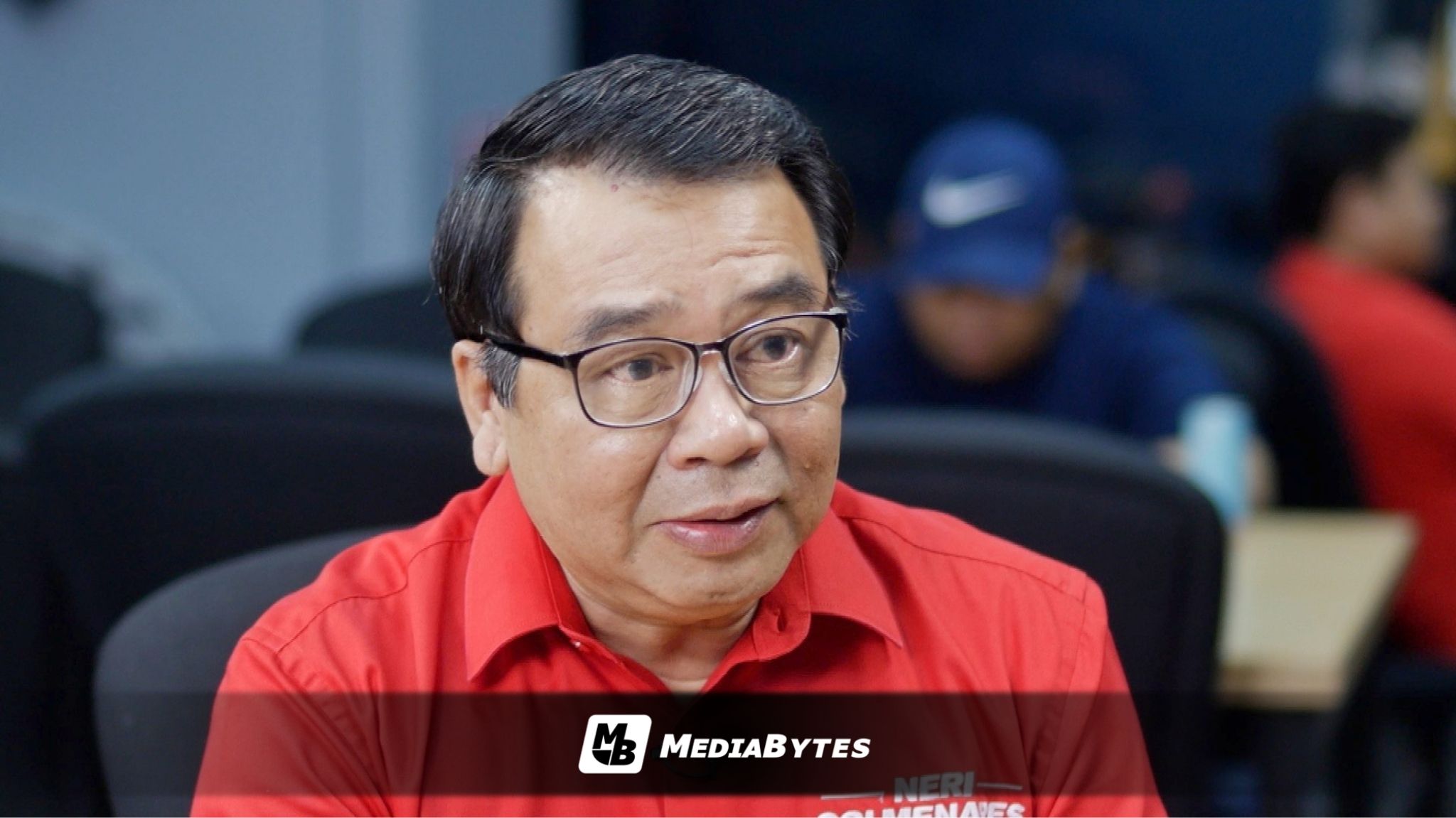Former Bayan Muna Party-list Representative Neri Colmenares has called on the Supreme Court (SC) to take an active role in enforcing reforms in the country’s budgetary process to curb widespread corruption in government.
Colmenares made the appeal after filing a motion on Saturday urging the SC to resolve his pending petition questioning the transfer of PhilHealth funds to the Unprogrammed Appropriations under the General Appropriations Act (GAA).
He asked the High Court to decide the case “on its merits”, noting that President Ferdinand “Bongbong” Marcos Jr. had already promised to return the ₱60-billion PhilHealth fund.
“We won the case in Araullo and Belgica after the ₱10 billion Napoles pork barrel scam, when the Supreme Court departed from a long line of jurisprudence to declare the PDAF unconstitutional,” Colmenares said.
However, he warned that isolated investigations and limited legal victories would not be enough to dismantle entrenched corruption in government.
“Investigations, a few legal victories, independent commissions, and promises of reform will not ensure the demise of large-scale corruption. If the problem of corruption is systemic, the solution must also be systemic,” he stressed.
Bayan Muna is among the petitioners questioning the transfer of excess funds from government-owned and -controlled corporations (GOCCs) to the national treasury, which are later used to finance unprogrammed appropriations.
Colmenares also urged the passage of anti-corruption laws, including the long-delayed Freedom of Information (FOI) Law, and the cleansing of corruption-ridden agencies such as the Department of Public Works and Highways (DPWH), Department of Education (DepEd), Commission on Audit (COA), Office of the Ombudsman, and Department of Budget and Management (DBM).
“We should not stop the protests until systemic changes to make the budgetary process and governance transparent, accountable, and participatory are achieved,” he said.
Among the reforms he proposed are limiting the President’s power to declare budgetary emergencies, prohibiting amendments by individuals or small committees after third reading approval, and tightening controls over the bicameral conference committee (Bicam) process.
Colmenares further pushed for the enactment of an anti-dynasty law, reforms in the party-list system, and the genuine prosecution of officials involved in corruption across key government agencies.
“The people recognize that the problem of corruption is systemic, and the people cannot, and must not, stop unless systemic social reforms are achieved,” Colmenares declared.



